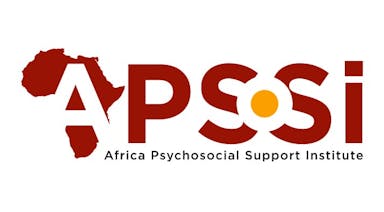Education in Emergencies plays a central role in the protection and promotion of children’s mental health and psychosocial wellbeing. Education settings (including home school) can offer safe, stable environments that can help restore a sense of normality, dignity, and hope in emergencies. The field of Mental Health and Psychosocial Support has a wide range of intervention approaches that benefit children, their families and key workers such as teachers and other educators.
Despite the vital intersections between MHPSS and EiE, programme staff and practitioners are not always aware of relevant knowledge, approaches and tools across both fields. By sharing key documents about standards and guidelines, as well as resources and tools relevant to practitioners in each field, it is hoped that this toolkit will help to bridge this gap and better connect the efforts of those working to design and deliver education and/or MHPSS interventions related to children in crisis situations.
To aid navigation, each resource in the Toolkit has been categorised by type:
- Guidance/Standard: resources that provide information about agreed interagency standards and advice about implementing these, or give expert guidance about a specific topic related to MHPSS and/or EiE, or about implementation through the programme cycle.
- Practitioner Tool: resources focussed on implementation and/or key aspects of practice for humanitarian, MHPSS or educational practitioners.
- Toolkit: resources with a selection of different tools that have been reviewed and gathered together, often giving practitioners additional information on how to navigate the selected tools to find the most relevant for their context.
- Training Resource: different types of training materials such as training manuals, documents relating to a full training programme, or online courses.
- Resource Package: related to a specific programme intervention, which may include resources on planning, management, training and practitioner resources.
- Activity Resource: resources that outline specific activities to be used with children and/or adolescents related to MHPSS and/or EiE.
- Advice Resource: resources that give advice and tips for parents, caregivers and teachers.
- Advocacy Resource: resources with detailed information useful for advocacy regarding MHPSS and/or EiE.





